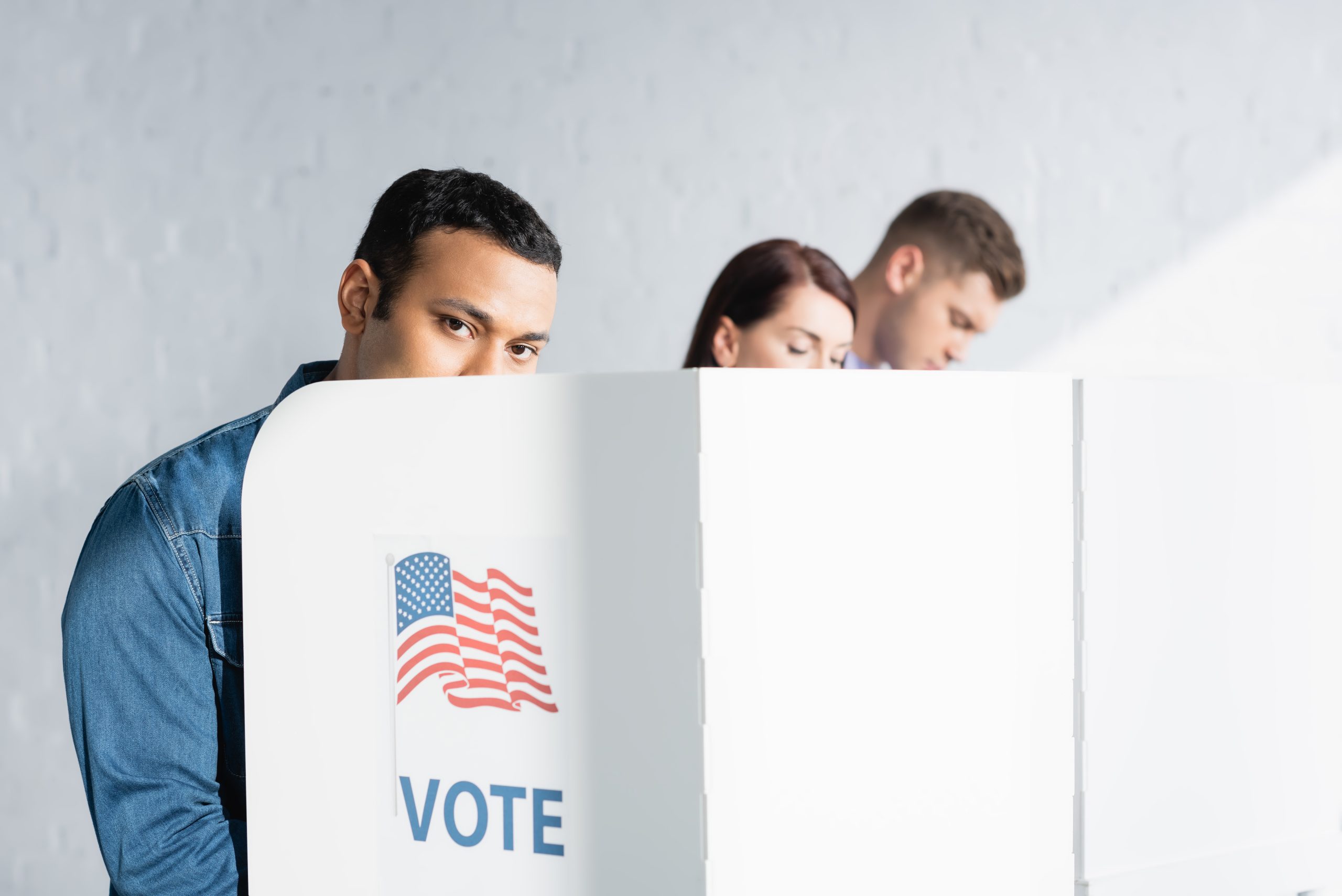In full transparency, the following is a press release from the Massachusetts attorney general’s office submitted to SOURCE media. (stock photo)
***
[broadstreet zone=”59983″]
BOSTON — Massachusetts Attorney General Maura Healey joined a coalition of 22 attorneys general in filing a brief with the U.S. Supreme Court in support of the state of North Carolina and a decision by the North Carolina Supreme Court to strike down the state legislature’s gerrymandered congressional maps as a violation of the state constitution.
The North Carolina legislators have argued the state’s Supreme Court does not have the authority to adjudicate disputes concerning federal congressional elections, including disputes about whether congressional maps drawn by the state legislature comport with the state’s constitution.
The brief was filed in Moore v. Harper, acase in which the U.S. Supreme Court will consider the radical “independent state legislature theory” (ISLT).
The theory interprets the Elections Clause of the U.S. Constitution to give state legislatures the sole, unchecked authority to make rules for congressional elections. ISLT lacks any historical or constitutional foundation and its adoption would invalidate a large swath of state election law that does not come from the state legislature, such as state constitutions, court decisions, and regulations.
Elections would thus become unworkable and impossible to administer.
[broadstreet zone=”59945″]
“The ability to administer free and fair elections is vital to our democracy,” AG Healey said. “We are calling on the Court to reject this undemocratic and fringe theory and to respect the principles safeguarded by our Constitution.”
The U.S. Constitution provides that a state’s legislature may set rules governing federal elections. Historically, the Supreme Court has interpreted that clause to empower state legislatures to act, subject to the normal state processes for implementation of state law and judicial review that each state has adopted. The Court has never questioned that a state court has the power to rule on election statutes and state constitutional provisions.
Consistent with this precedent, North Carolina’s Supreme Court interpreted its state constitution to prohibit partisan gerrymandering and struck down North Carolina’s badly gerrymandered congressional maps as violating the state constitution. At the request of the North Carolina state legislators, the U.S. Supreme Court granted certiorari to consider whether the ISLT is correct, and whether the North Carolina Supreme Court was thus without power to prohibit partisan gerrymandering. At the U.S. Supreme Court, the North Carolina state legislators are arguing that only state legislators—not other actors like the state courts, executives, or voters—can make election rules. ISLT lacks any support in American history or precedent of the U.S. Supreme Court. The theory would unravel states’ election processes and impede election officials’ ability to administer free and orderly elections.
[broadstreet zone=”59982″]
The coalition argues in the brief that state constitutions, courts and officials have historically played integral roles in regulating federal elections. At and after the nation’s founding,states employed various institutions of state government, including their constitutions, courts, and executive officials, to set and implement the rules governing federal elections. Under the guise of originalism, ISLT calls into question what the nation’s founders themselves practiced.
The brief further argues that ISLT is a threat to the ability of states to administer free and fair elections. The states argue that allowing ISLT could destabilize the ability of states to administer elections by subjecting commonplace state election rules to constitutional challenge and “creating an untenable scheme under which state and federal elections – which are usually held on the same days in the same polling places using the same ballot – would operate under different rules.”
Joining AG Healey in filing the brief are the attorneys general of California, Colorado, Connecticut, Delaware, District of Columbia, Hawaii, Illinois, Maine, Maryland, Massachusetts, Michigan, Minnesota, Nevada, New Jersey, New Mexico, New York, Oregon, Pennsylvania, Rhode Island, Vermont, Washington, and Wisconsin.
[broadstreet zone=”53130″]


